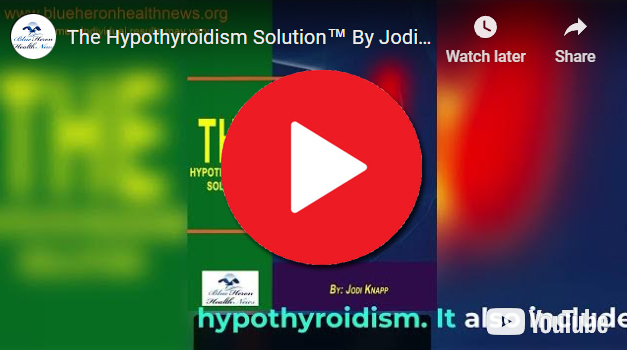
The treatment for hypothyroidism typically involves thyroid hormone replacement therapy. The most common and effective form of treatment is the use of synthetic thyroid hormone medication, usually levothyroxine (brand names include Synthroid, Levoxyl, and Tirosint).
Here are some key points about the treatment of hypothyroidism:
- Diagnosis: Hypothyroidism is diagnosed through blood tests that measure the levels of thyroid-stimulating hormone (TSH) and thyroxine (T4). Elevated TSH and low T4 levels indicate an underactive thyroid.
- Medication: Levothyroxine is a synthetic form of the hormone thyroxine (T4) that the thyroid gland produces. It is taken orally, usually as a daily pill. The goal of treatment is to restore thyroid hormone levels to the normal range.
- Dosage adjustment: The initial dosage of levothyroxine is based on factors such as the patient’s age, weight, and severity of hypothyroidism. The dosage may need to be adjusted over time through regular monitoring of TSH levels. The aim is to achieve TSH levels within the normal range.
- Timing of medication: Levothyroxine is typically taken in the morning on an empty stomach, at least 30 minutes before eating or drinking (except for water). Certain medications, supplements, or foods can interfere with its absorption, so it’s important to follow the instructions provided by the healthcare provider.
- Monitoring: After starting treatment, regular follow-up visits with a healthcare provider are essential. They will monitor hormone levels, adjust medication dosage if needed, and evaluate the patient’s response to treatment. TSH levels are typically checked every 6-8 weeks initially and then at longer intervals once stable hormone levels are achieved.
- Lifelong treatment: Hypothyroidism is a chronic condition, and in most cases, lifelong treatment is required. It’s important to take the prescribed medication consistently and as directed by the healthcare provider.
- Side effects and interactions: Levothyroxine is generally well-tolerated when taken at the appropriate dose. However, side effects can occur if the dosage is too high, including rapid heart rate, palpitations, insomnia, and nervousness. It’s important to report any unusual symptoms to the healthcare provider. Levothyroxine can also interact with certain medications, so it’s important to inform the healthcare provider about all other medications being taken.
It’s crucial to consult with a healthcare professional for an accurate diagnosis and to discuss the most appropriate treatment plan for your specific situation. They will consider your medical history, symptoms, and lab results to determine the optimal dosage and treatment approach.
See More on Video

The Hypothyroidism Solution™ By Jodi Knapp This guide includes a stepwise guide that can be followed easily to recover from the problem of hypothyroidism. It also includes detailed information about the routine of detoxing and cleansing your system before following the program provided in this eBook.